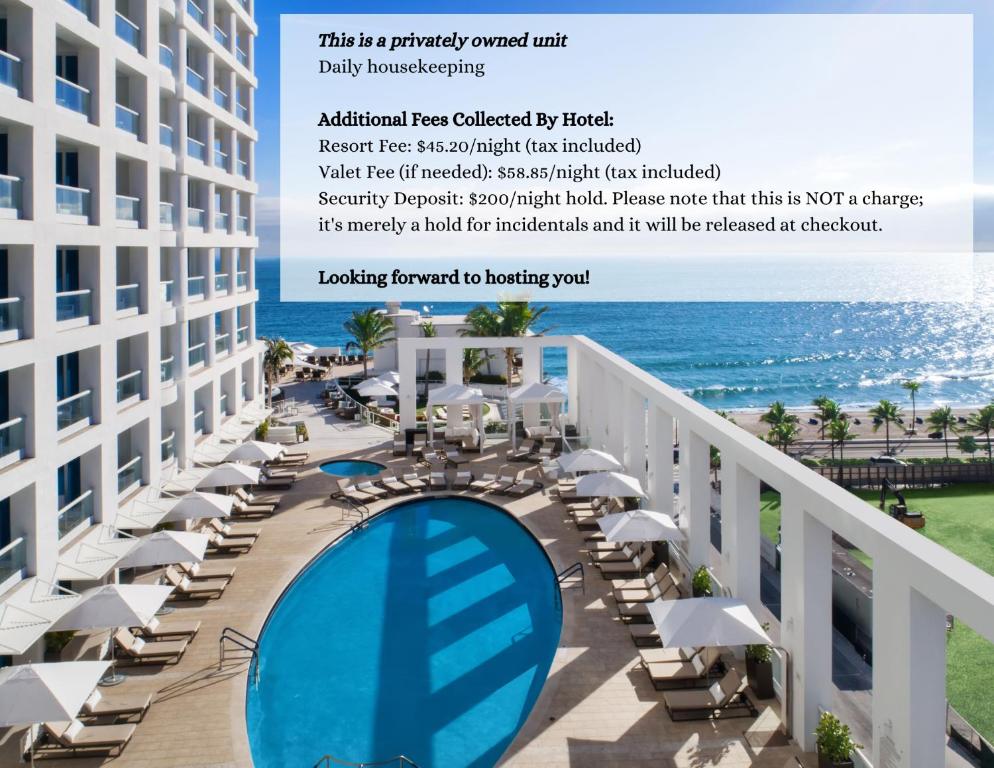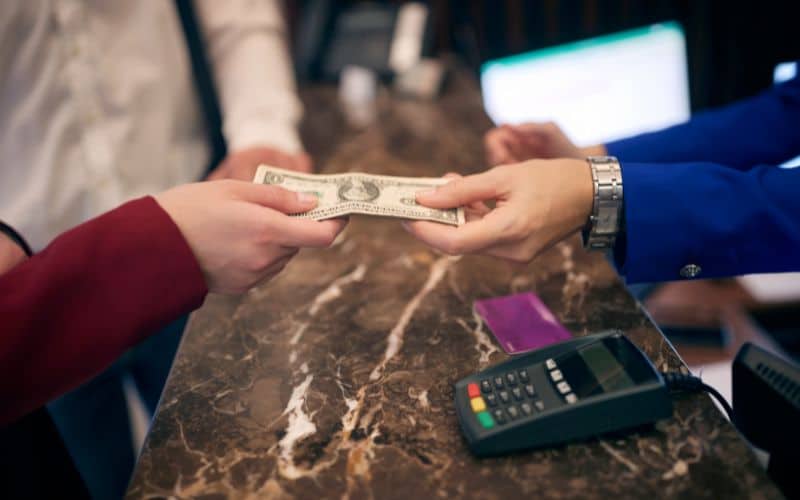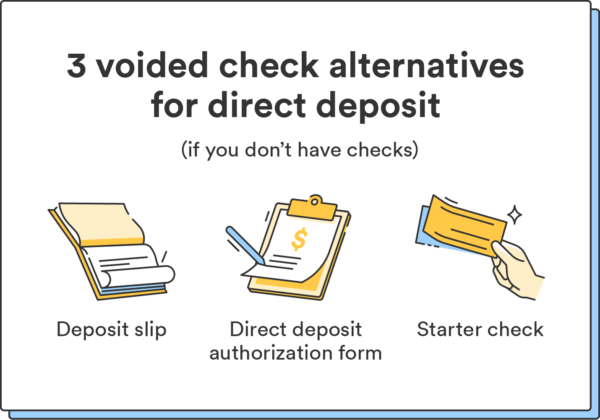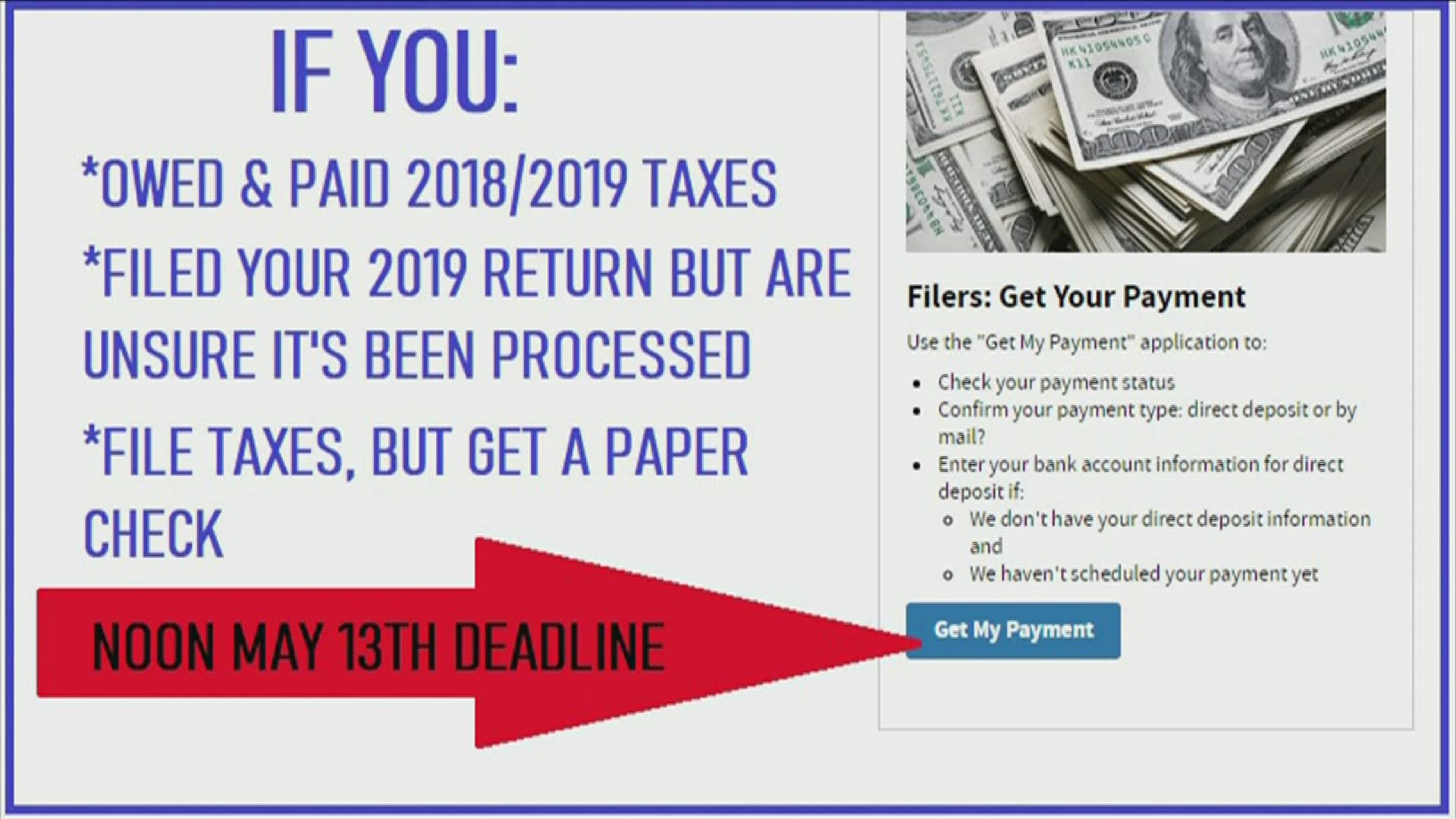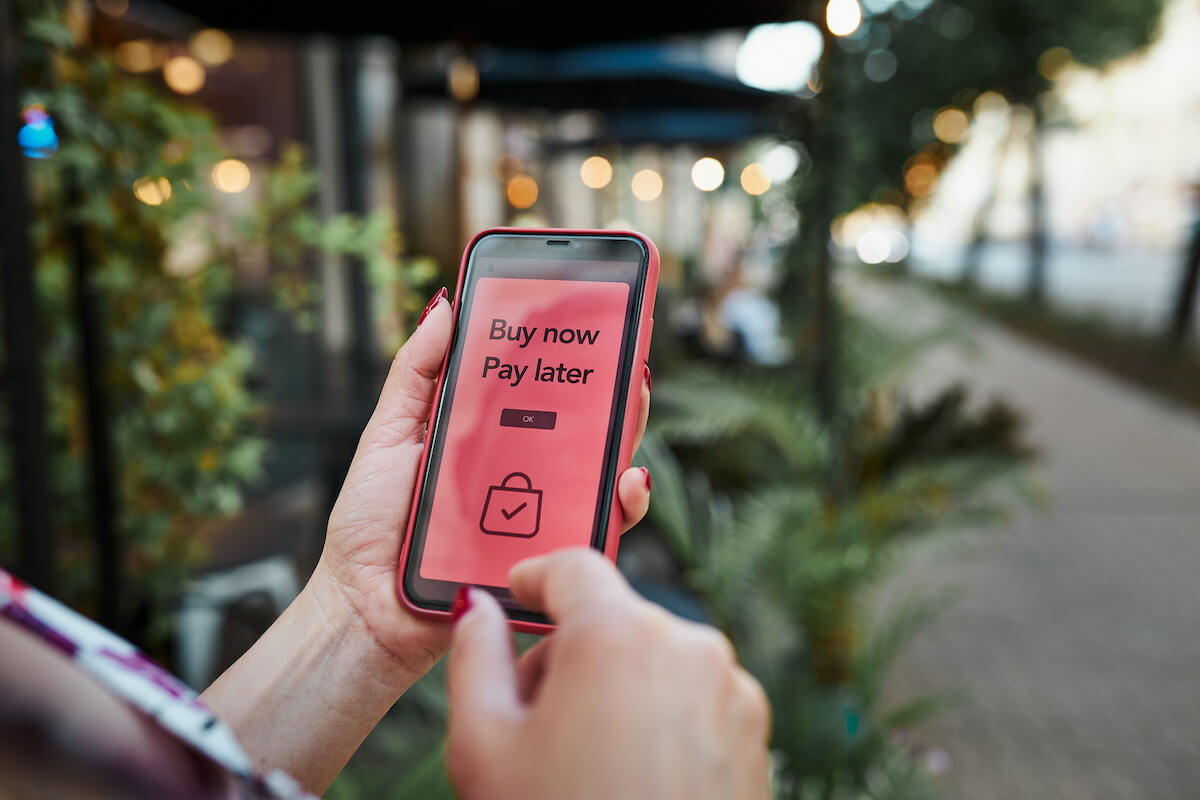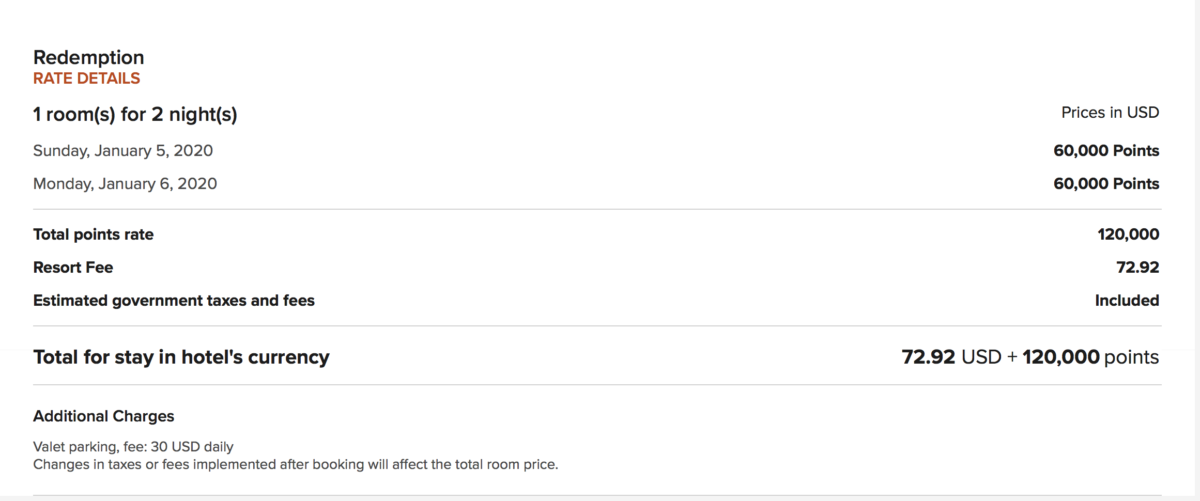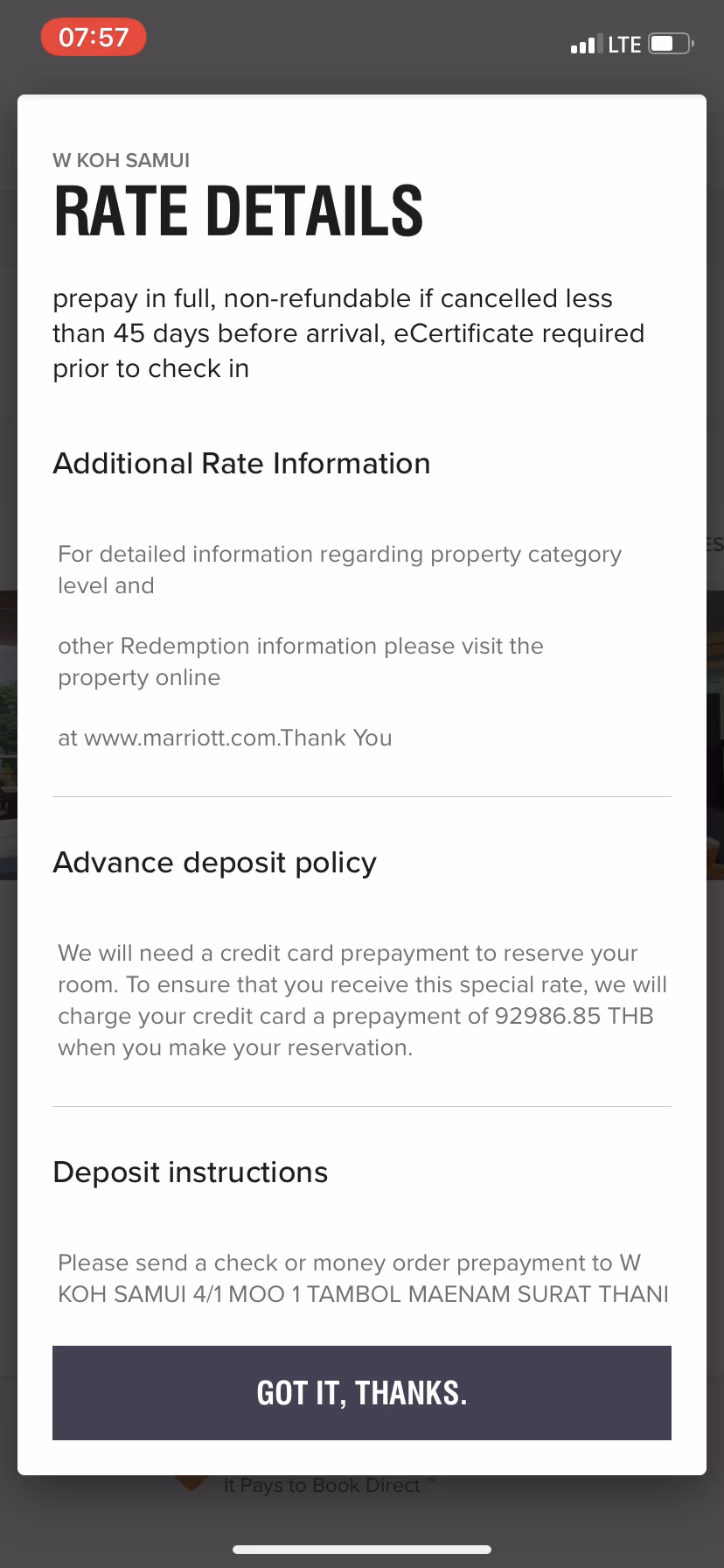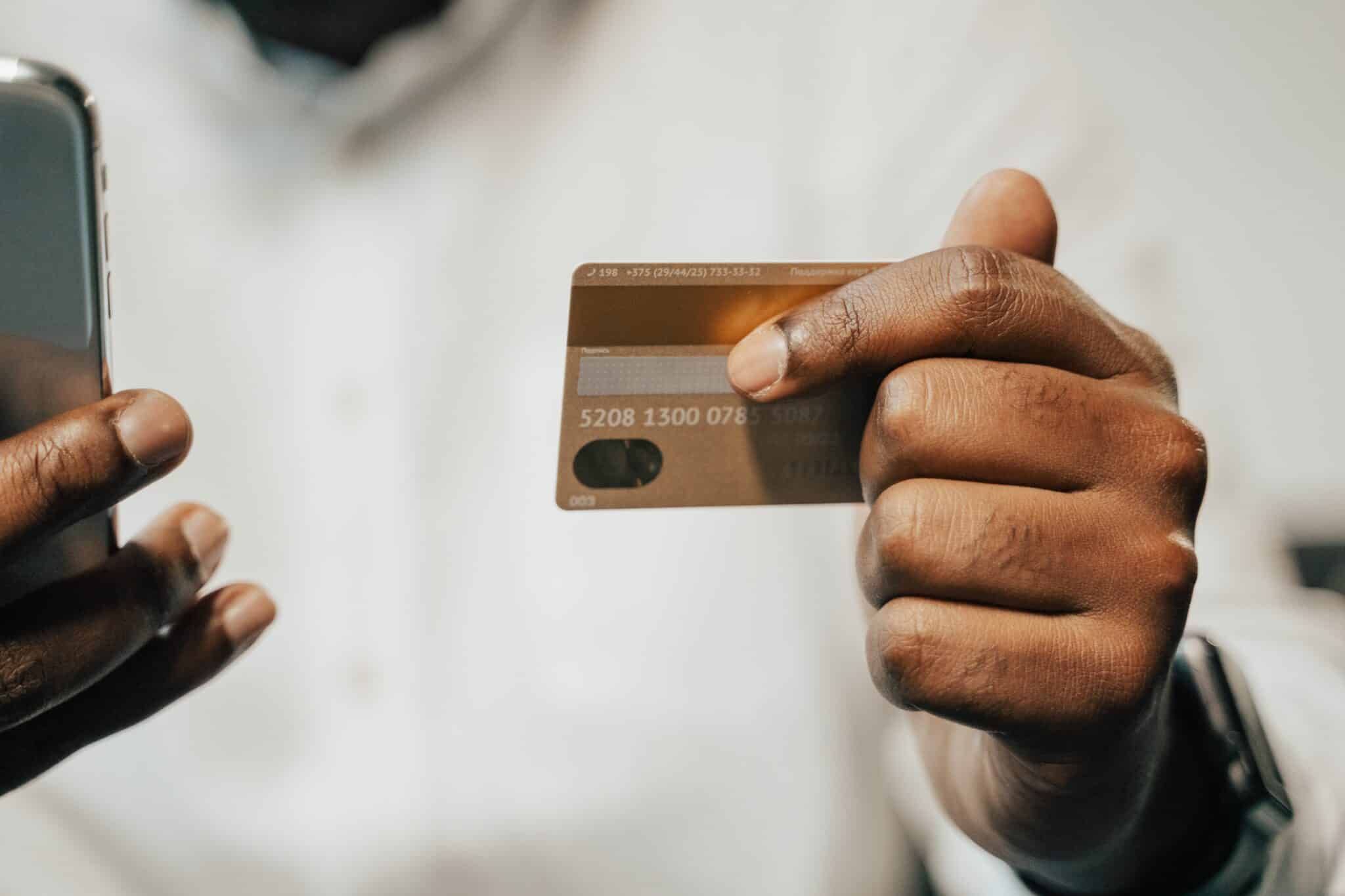Yes, you can prepay a hotel room for someone else by booking it in your name and then providing the guest’s details during the reservation process. This allows you to take care of the payment upfront, ensuring a hassle-free stay for the person you are booking the room for.
Prepaying a hotel room is a convenient option for those who want to relieve their guests from any financial obligations and allow them to enjoy a stress-free travel experience. By handling the payment in advance, you can ensure that the reservation is secure and any additional charges can be charged to your credit card.
Overall, prepaying a hotel room for someone else is a simple process that can be done to ensure a seamless stay.
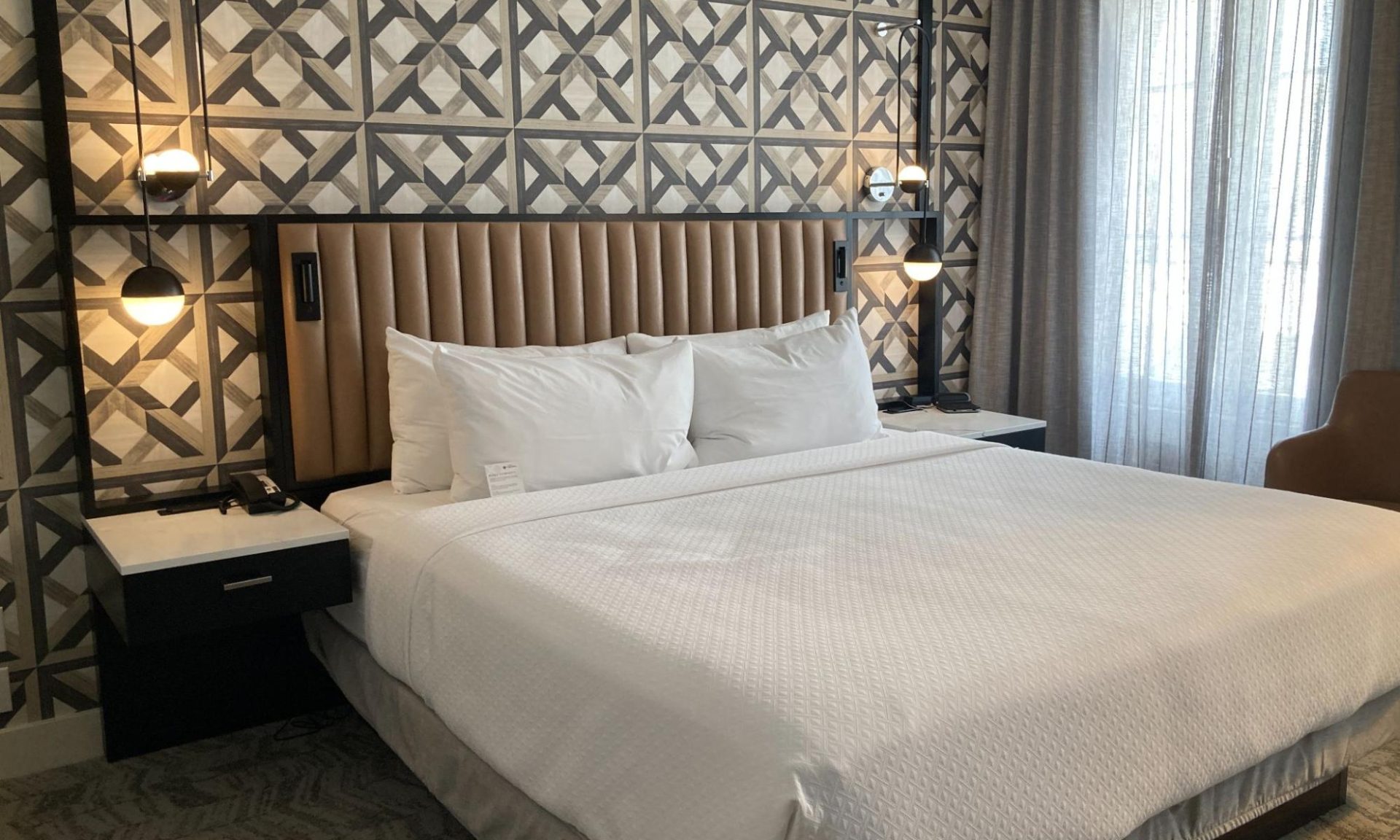
Benefits Of Prepaying A Hotel Room For Someone Else
Prepaying a hotel room for someone else offers convenience as it saves the guest time during check-in. It also provides peace of mind for both the guest and the person making the payment.
Additionally, it ensures stress-free travel as the guest does not need to worry about payment upon arrival.
Prepayment also provides flexibility in payment methods, making it convenient for both parties.
Ultimately, it contributes to ensuring a smooth check-in process, enhancing the guest’s overall experience.
How To Prepay A Hotel Room For Someone Else?
To reserve a hotel room for someone else, there are a few steps you can follow to ensure a smooth process.
1. Reserving the Room: Start by making the reservation in your name. You can do this online or by calling the hotel directly. Provide the necessary details such as the check-in and check-out dates, number of guests, and any special requests.
2. Updating Guest Details: After making the reservation, contact the hotel to update the guest’s details. This includes providing their name, contact information, and any specific requirements they may have.
3. Choosing Flexible Policies: Opt for hotels that offer flexible policies, such as free cancellation or changes to the reservation. This allows you to make adjustments if needed without incurring additional charges.
4. Providing Backup Options: It’s always a good idea to have backup options in case the initial reservation falls through. Research nearby hotels and keep their contact information handy.
5. Communicating with the Hotel: Maintain communication with the hotel before the guest’s arrival. Confirm the reservation and address any questions or concerns they may have.
Overall, prepaying a hotel room for someone else is possible with proper planning and communication. By following these steps, you can ensure a seamless experience for both yourself and the guest.
Considerations For Prepaying A Hotel Room For Someone Else
Booking a hotel for someone else takes a few extra steps but it’s very doable. The key things to remember are to reserve it in your name first, call to change the guest’s name after, send all details to the new guest, choose flexible policies, and have backup options ready just in case.
Most hotels will require a valid credit card to secure a reservation. If you’re booking a hotel for someone else, provide your credit card information. This will ensure that the reservation is secure and that any incidentals (such as room service or minibar charges) can be charged to your card.
Some hotels may have specific limitations when it comes to prepaying a room for someone else. It’s important to check with the hotel directly to understand their policies and any potential restrictions.
Keep in mind that there may be differences in policies and requirements for prepaying a hotel room for someone else depending on whether it’s a business or personal booking. It’s always a good idea to clarify with the hotel to ensure a smooth experience.
Each hotel may have its own specific policies regarding prepayment for someone else’s stay. Be sure to review the hotel’s website or contact their customer service for detailed information.
Tips For A Smooth Prepayment Process
When prepaying a hotel room for someone else, verify the hotel’s policies beforehand. Communicate with the guests to ensure they are aware of any prepayment arrangements.
Ensure that the payment process is secure to protect both parties. Double-check all reservation details to avoid any misunderstandings. It’s also important to keep documentation of the prepayment transaction for reference.
By following these tips, you can ensure a smooth prepayment process for a hotel room on behalf of someone else.
Frequently Asked Questions
Can You Check Into A Hotel Without The Person Who Booked It?
Yes, you can check into a hotel without the person who booked it. Just provide valid ID and payment information.
Can You Prepay For A Hotel Room?
Yes, you can prepay for a hotel room. Prepaying allows you to eliminate the hassle of calculating and settling expenses upon check-out, providing a stress-free and convenient travel experience.
Can You Book A Hotel On Behalf Of Someone Else?
Yes, you can book a hotel on behalf of someone else. Just provide valid identification and payment details at check-in.
How Do You Make A Hotel Booking For Someone Else?
To make a hotel booking for someone else:
- Reserve the hotel in your name first.
- Call the hotel to change the guest’s name after.
- Provide all booking details to the new guest.
- Use your own credit card to secure the reservation.
- Ensure the reservation is secure and any incidentals can be charged to your card.
Conclusion
Prepaying a hotel room for someone else is not only feasible but also offers convenience and peace of mind for both the guest and the person making the payment.
With the right procedures and communication, you can easily secure a hotel reservation on behalf of someone else, ensuring a seamless experience for all parties involved.
Also Worth Reading:
- Can I Book a Hotel With No Money on My Card?
- Can I Pay Cash at the Hotel With Booking Com?
- Can You Pay the Hotel Deposit With Cash?
- Can I Book a Hotel Without Paying Upfront?
- Do Hotels Let You Pay Monthly?
- Do Hotels Need a Deposit If Booked Online?
- Do Hotels Usually Require a Deposit?
- Does Booking Com Charge Your Card Immediately?
- Does Booking Com Let You Pay Later?
- Does Expedia Have Buy Now Pay Later?





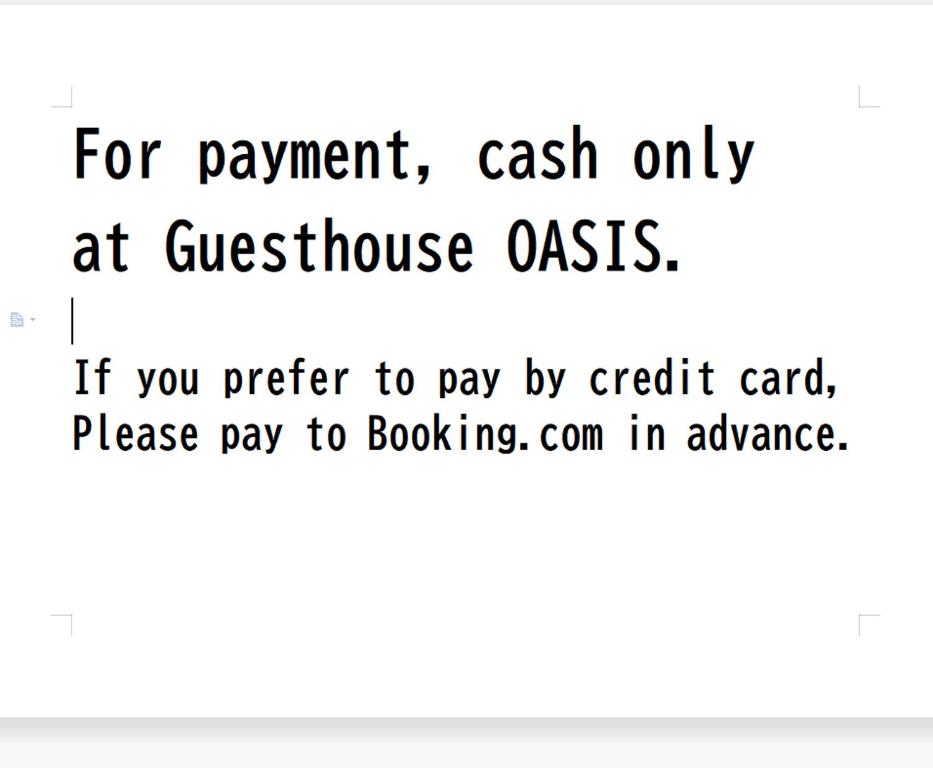





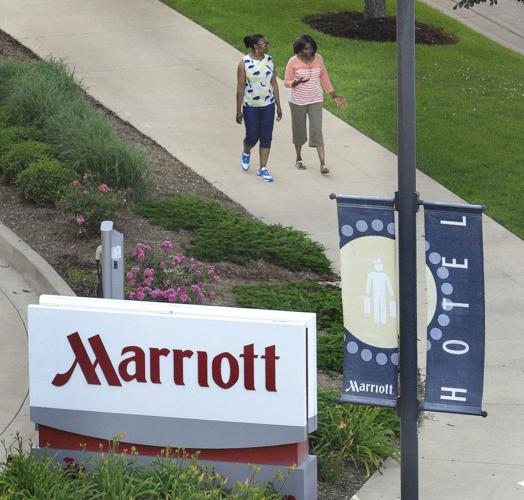




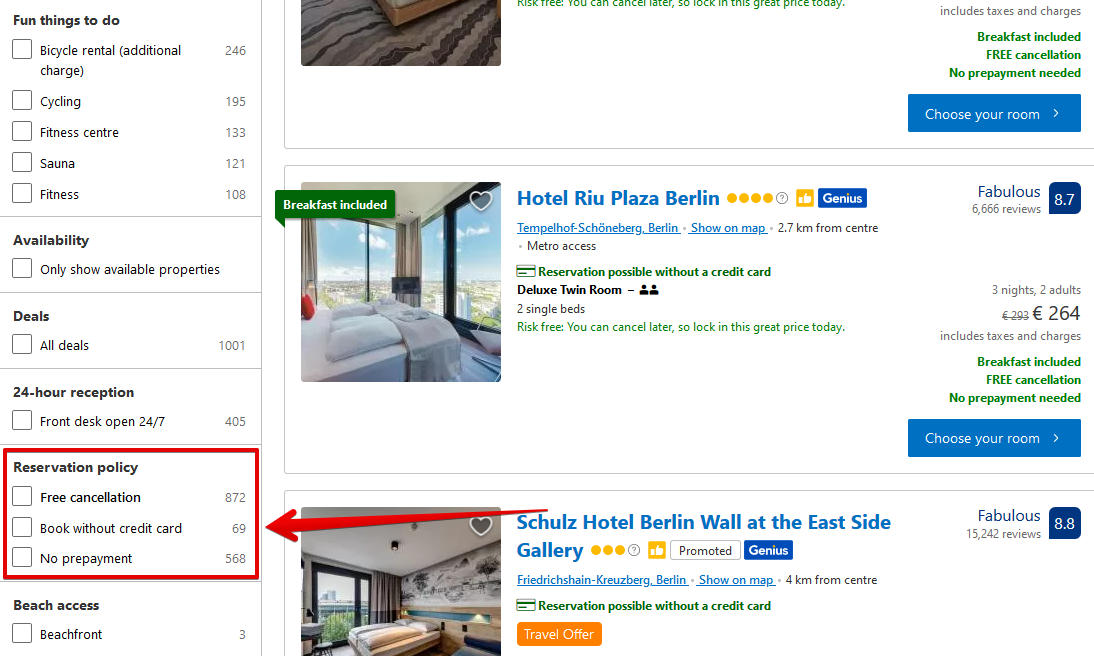


:max_bytes(150000):strip_icc()/GettyImages-685047497-5a05e875482c52003701a788.jpg)

